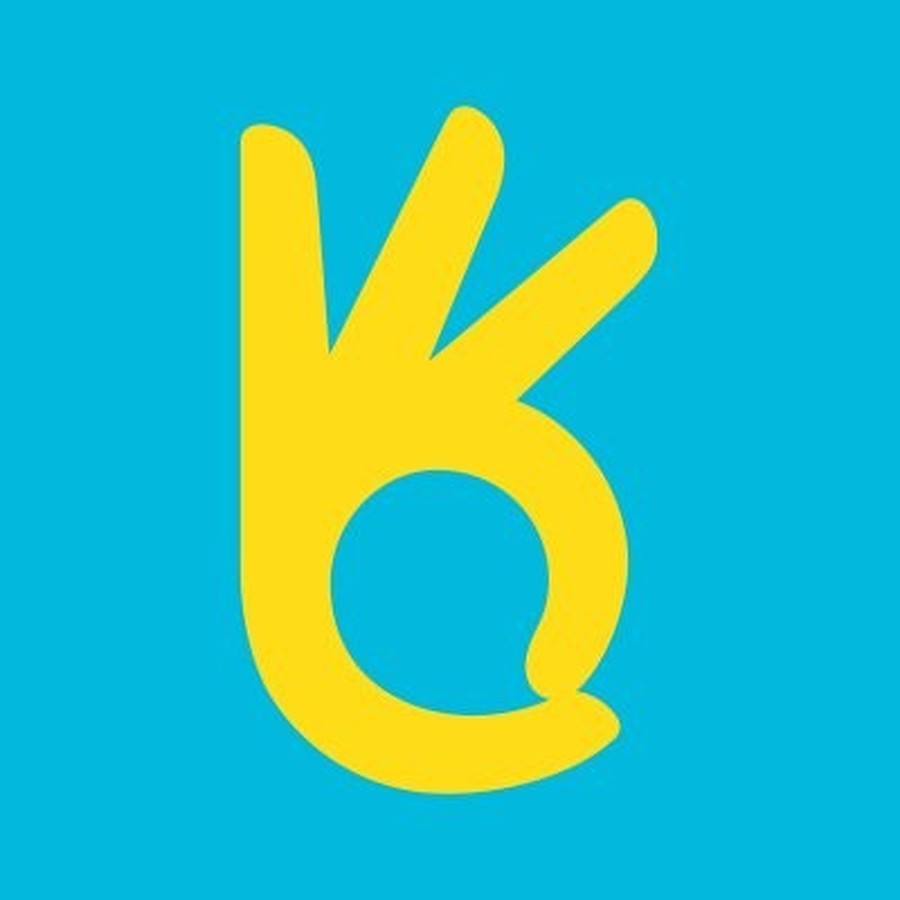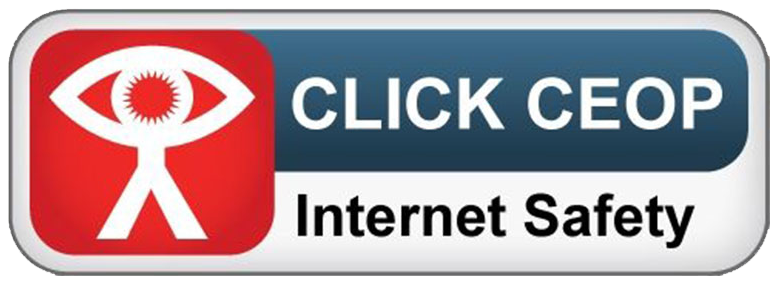Our curriculum
At Donnington Wood Infant School and Nursery our core values of ‘learning, caring, preparing’ drive teaching and learning for all children. We are passionate about being inclusive and working with the whole school community to equip children with knowledge and skills to
- be successful in their learning
- aspire and achieve in their futures
- show respect and compassion for those around them
- demonstrate the ability to make a positive contribution to society

Our curriculum is written based on our research and understanding of early child development. A clear progression of knowledge and skills builds through EYFS and KS1.
It is based on 3 areas of research which help to support key aspects of child development and learning -
brain development
physical development
vocabulary
Brain Development
From conception children’s brains are developing at a rapid rate. The early and critical development of the brain happens within the first 5 years of life.
During this time brain cells called neurons send electrical signals to communicate with each other. These connections form circuits which become the basic foundation of the brain architecture.
Every interaction be it physical, conversation, imparting knowledge or modelling skills helps to develop these special pathways. As educators, we are in fact brain architects!
The most powerful connections are made when two brains work together meaning those connections are stronger when learning takes place with another person eg and adult or child.
The more the connections made are revisited or ‘re- sparked’ the stronger and quicker they become.
How we use this knowledge at Donnington Wood Infant School and Nursery
- Our curriculum is written to ensure that children revisit and relearn. This ensures that those powerful pathways are formed and embedded.
- Staff throughout school recognise the importance of interactions in every form whether it is conversation, group or paired work and this is planned into all of our lessons.
- Our curriculum is written to ensure that children have the information and knowledge they need before they are expected to use it eg to write about it.
- Staff are knowledgeable about the experiences our children have before they join us. We have used our knowledge of our community to write our curriculum. We understand the barriers they may face before joining us and during their time with us. We also understand the impact this may have on their brain development.
Physical development
- The World Health Organisation produced a report in 2019 on the effects of sedentary activities on young children. It concluded that young children at a vital point in their development must increase their physical activity. This in turn will improve their physical, mental health and wellbeing.
During physical activity;
- The flow of oxygen to the brain is increased
- The number of brain neurotransmitters is increased which assists your ability to focus, concentrate, learn and remember and handle stress.
- The number of brain derived neurotrophies is increased, which assures the survival of neurons in areas of the brain that are responsible for learning, memory and higher thinking.
- Physical play helps to develop a child’s core strength and later their ability to perform many activities that will support their learning later in life
How we use this knowledge at Donnington Wood Infant School
- Our whole school curriculum is written around first-hand experiences
- Practical equipment is used throughout most lessons
- In Early Years children take part in physical activity everyday and several different times. KS1 have 2 hours of PE a week and physical activities as part of units in the curriculum.
- Our Physical Development/ PE curriculum is progressive and ensures skills are progressive and repeated overtime.

 Vocabulary
Vocabulary
Several well know studies have been conducted into vocabulary including the 32 million word gap and Jessica Logan's study into children reading at home.
As a school we recognise;
- Children from different socioeconomic backgrounds will have different experiences of vocabulary sometimes resulting in extensive gaps.
- Children need to have been taught and understand vocabulary before they need to use it for example before they use it in their writing.
- Children for whom English is an additional language may have a vocabulary deficit in English, but have a rich and varied vocabulary in their home language(s).
How we use this knowledge at Donnington Wood Infant School
- Vocabulary is built into our school curriculum. It is clear on each unit plan and weekly plans for all staff.
- The way our curriculum is structured means that children learn about a topic and the language needed before they are expected to apply it.
- Vocabulary for each unit is displayed on working walls for children to refer to.
- Vocabulary is pre taught for those children who are identified as needing it.
- Our ‘Love of Reading’ books ensure children are regular exposed to rich and varied language.



